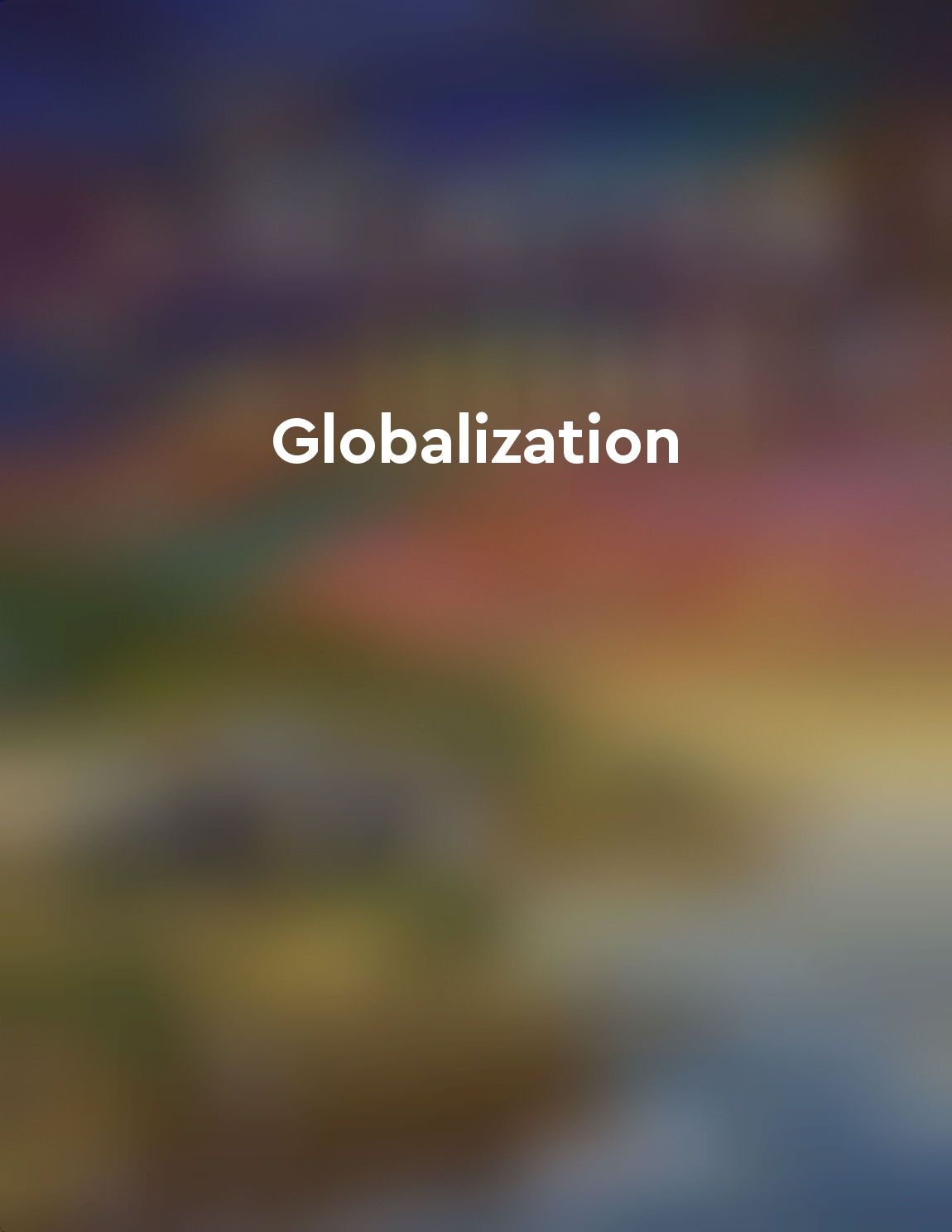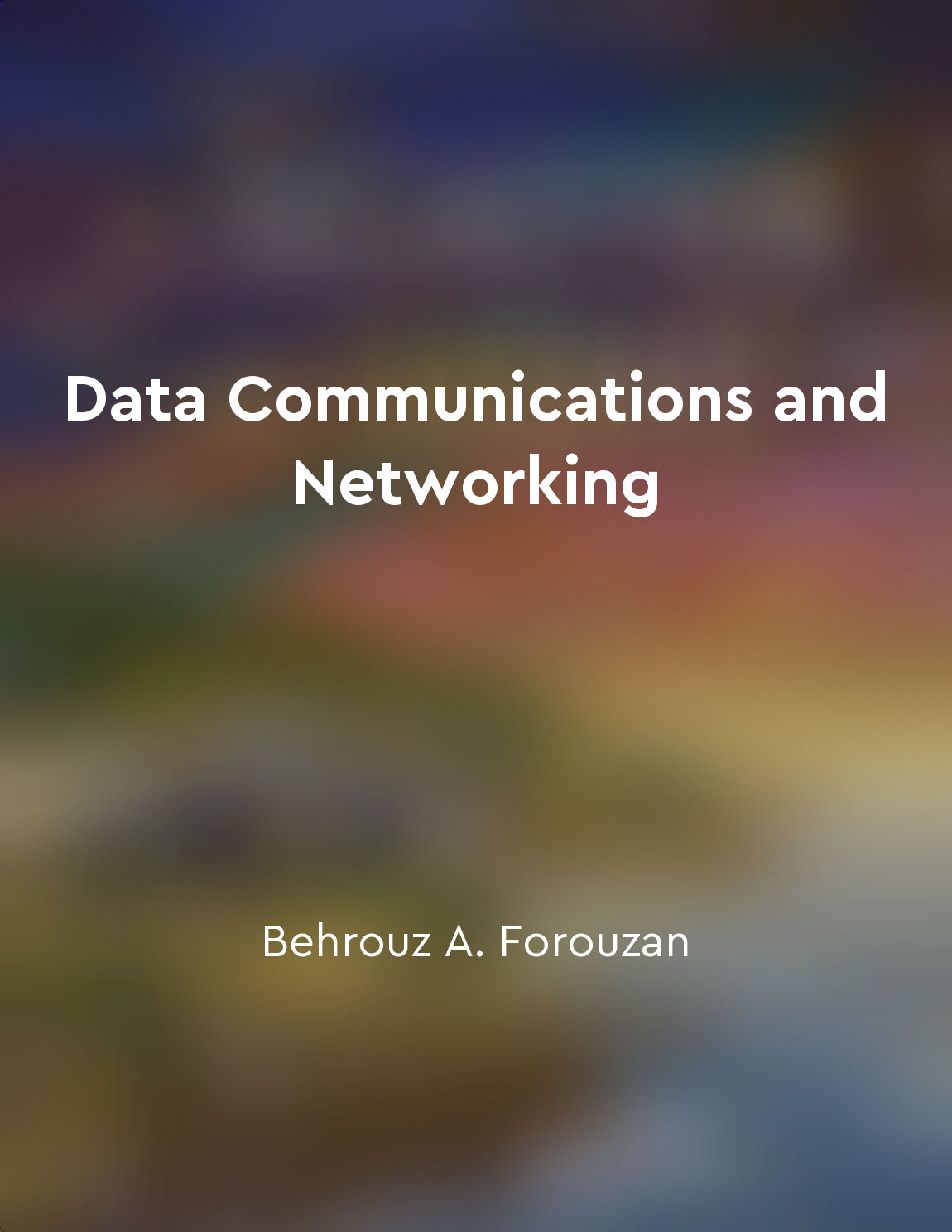The Internet connects a global network of computers from "summary" of Code by Charles Petzold
The Internet is a vast and interconnected web of computers that spans the globe. When you sit down at your computer and open up a web browser, you are tapping into this global network. You can access websites hosted on servers halfway across the world, send emails to friends on different continents, and even video chat with family members on the other side of the planet. But how does this all work? How is it possible for you to connect with someone thousands of miles away with just the click of a button? The key lies in the underlying infrastructure of the Internet. At its core, the Internet is a network of networks, with each computer connected to multiple other computers. This intricate web of connections allows for data to be transmitted quickly and efficiently between different points on the network. When you type a web address into your browser and hit enter, your computer sends a request to a server that hosts the website. This request is broken down into small packets of data that are then transmitted across the network. These packets travel through a series of routers, which are specialized computers that help direct the data to its final destination. Once the packets reach the server, they are reassembled into the website that you see on your screen. The Internet operates on a set of protocols, or rules, that govern how data is transmitted between computers. One of the most important protocols is the Internet Protocol (IP), which assigns a unique address to each computer on the network. This address, known as an IP address, allows for data to be routed to the correct destination. In addition to IP, there are other protocols that help ensure the smooth operation of the Internet. For example, the Transmission Control Protocol (TCP) breaks down data into packets and ensures that they are delivered in the correct order. Together, these protocols form the foundation of the Internet and enable the seamless communication between computers around the world.Similar Posts
Open access benefits society
Open access to knowledge is essential for the progress and well-being of society. When information is freely available to all, ...

Trade agreements
Trade agreements are formal arrangements between different countries that are designed to promote trade and economic cooperatio...

Data transmission requires modulation and demodulation
Data transmission is a complex process that involves sending data from one point to another. However, data cannot be transmitte...
